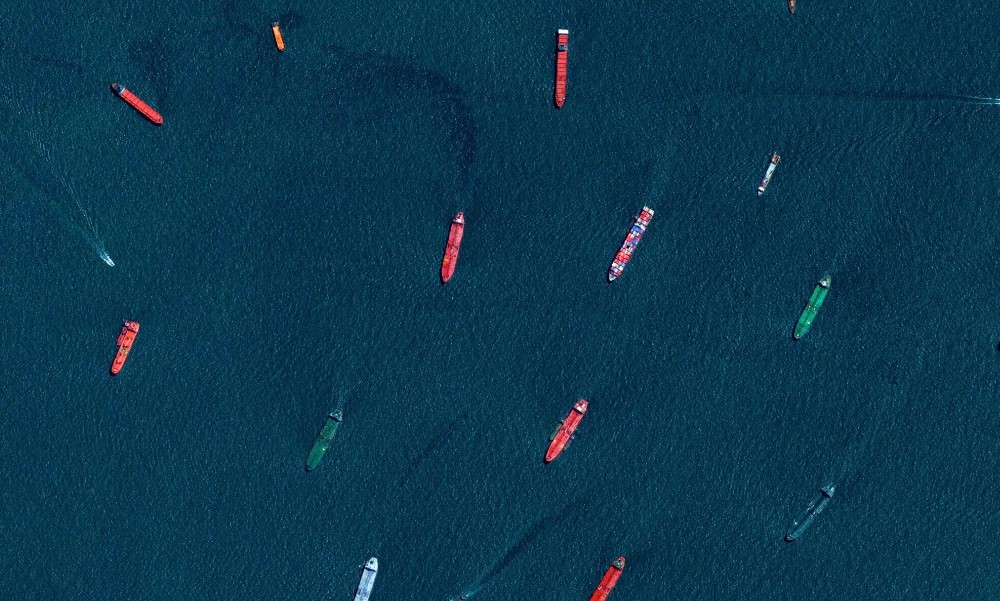The president of Fai Conftrasporto denounces: “It is the direct result of a lack of a clear and strategic transport policy”
Rome – Italy continues to find itself in a position of stalemate in the international logistics landscape. Confirming an unchanged 19th place in the Logistic Performance Index, the country seems incapable of recovering ground compared to other European states, despite market dynamics and the growing complexity of global flows. A situation of stagnation that, according to the president of Fai Conftrasporto, Paolo Uggè, is not coincidental, but the direct result of a “lack of a clear and strategic transport policy”.
The statements by Uggè, released during a conference on intermodal hubs and new infrastructures, paint a critical picture. Years of inaction and short-sighted political decisions have, in his words, compromised the competitive potential of the country-system. A particular regret is directed at the closure, during the Monti government, of the “Consulta del trasporto e della logistica”, an initiative started in the early 2000s that aimed to create continuous dialogue between businesses, institutions, and the productive world to define a shared strategy. Since then, the last General Logistics Plan, approved by Cipe, remains a distant memory, and no subsequent executive has adopted a new one.
The consequences of this absence of vision are tangible and are directly reflected in the daily life of the logistics system. The road network serving ports and interports is structurally congested, with carriers suffering delays exceeding 30 minutes in a large part of the national territory. This inefficiency on the ground adds to the saturation of some of the main port hubs like Gioia Tauro, Genoa, Naples, and Trieste, which operate at the limit of their capacity, while other strategic maritime infrastructures, such as the ports of Taranto and Cagliari, remain largely underutilized.
The railway sector, a crucial alternative for reducing road traffic and emissions, is going through a deep crisis regarding domestic freight. Paradoxically, international freight services show signs of growth, demonstrating that the problem does not lie solely in the modernization of isolated segments of the network. The critical issue, as Uggè underlines, is the lack of an “overall and strategic vision” that integrates rail transport into the country’s economic fabric.
A separate chapter, of capital importance for the Italian economy, is the management of the Alpine crossings. They represent the main commercial corridor with the European Union, handling 87% of goods exchange. Of this traffic, 68% moves by road and 32% by rail. Any hiccups on these routes immediately translate into economic damage for the entire productive system. Uggè cites clear examples of this vulnerability: the unilateral blocks at the Brenner, imposed by Austria, which the Italian government has only recently addressed at the European level; the scheduled closure of the Mont Blanc tunnel for three consecutive months, every year for the next 18 years, which risks paralyzing the traffic of the North West and the Ligurian ports; and the new railway restrictions at the Gotthard, in Switzerland, which slow down access to European markets after the 2023 accident.
The solution, according to the president of Fai Conftrasporto, cannot be found in the simple construction of new infrastructures.
A “national and European strategy” is needed, aiming to develop intermodality, improve accessibility, and guarantee the free circulation of goods and people. Governance plays a crucial role: in the absence of clear direction, the massive investments risk being ineffective.
Uggè’s message is a call to action, an appeal to overcome bureaucracy and sterile rhetoric to address problems concretely. “L’Italia Disconnessa” – the title of a study presented ten years ago – remains a reality. The country’s ability to connect efficiently, both internally and with the rest of the world, is a priority on which the vitality of the entire economy depends. Slogans and promises are no longer enough: it is time to act.





